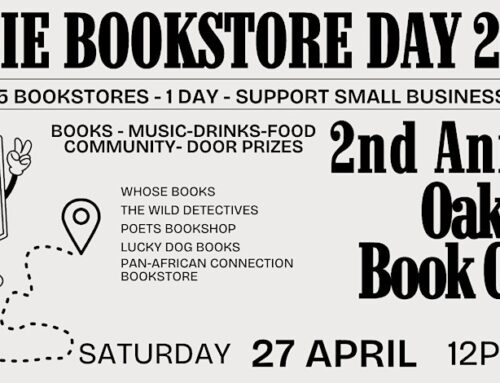
Photo courtesy of Jeniro Agency
A program aimed at rehabilitating and supporting at-risk youth in Dallas ISD schools is set to return this fall.
Judge Shequitta Kelly is one of four Dallas County judges— Amber Givens, Stephanie Mitchell, and Lisa Green— addressing what’s known as the school-to-prison pipeline. The idea to create Pipeline to Possibilities came about during church.
“We were in church when I was visiting Concord,” Kelly says. “The other three judges go to that church, and Pastor Carter had played a clip from 13th, which is a movie produced by Ava Duvernay. We saw that clip and said, ‘We need to do something.’”
That’s what sparked their inspiration to combat the problem of youth being sent to juvenile delinquent centers and prevent them from entering the criminal justice system here in Dallas.
In the documentary 13th, politicians and activists explore the prison system and mass incarceration in the United States and its connections to slavery.
“We want to be a part of the solution, not the problem,” Kelly says. “So, we sat down after church, and we started to discuss what we need to do to reduce the rate of 17-year-olds coming into the courtroom.”
Since 2016, Pipelines to Possibilities has helped teens across Dallas ISD high schools, including Woodrow Wilson, James Madison, Lincoln, Kimball and South Oak Cliff.
The four-month-long after school program is not only about criminal justice. It also consists of finding mentors, educating teens on resources, options and the consequences of the students’ actions.
So far, the program has shown hundreds of Dallas teens there are pathways and choices away from prison.
“I see a lot of young people come in, between the ages of 17 and 25,” Judge Lisa Green, another one of the four judges, told WFAA. “Most of them are often first time offenders.”
From a young age, Kelly knew she wanted to be a lawyer and was inspired by her grandpa.
She says her grandpa thought that lawyers and doctors were some of the smartest people and, as a little girl, she wanted to impress him.
“I wanted to do it just to be able to say I was smart too. As I got older, I started to recognize the injustice that’s in the system, and then I wanted to be a part of fixing it. My initial ‘hey, I want to be seen as smart’ turned into ‘hey there’s a job that needs to be done, and I’m the best for it.’”
Kelly is also an inventor and entrepreneur with a focus on hair. In 2018, she created the Hair Shield, a storage case designed to keep women’s extensions untangled and intact.
“I work on the Hair Shield after my court hours and the weekends,” she says. “Not knowing how to be an entrepreneur, not knowing what you need to do, and because it’s a product that I created from scratch, getting awareness out about the product has just been very difficult.”





